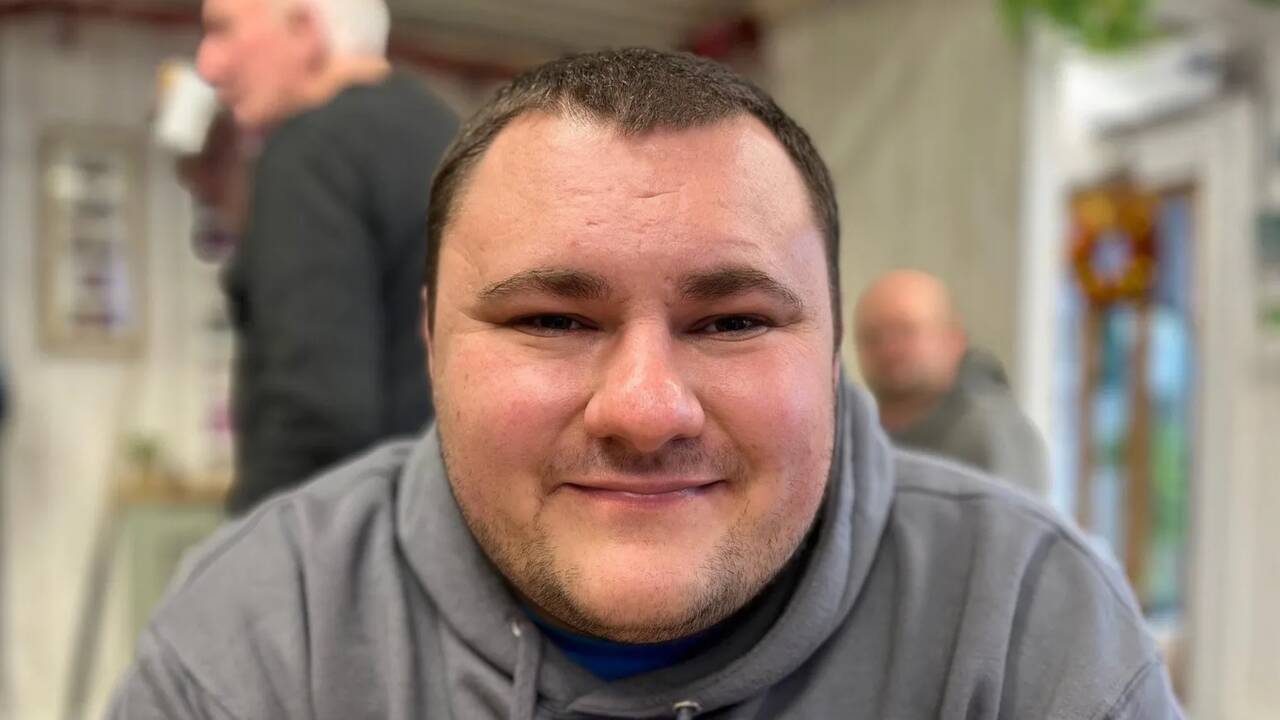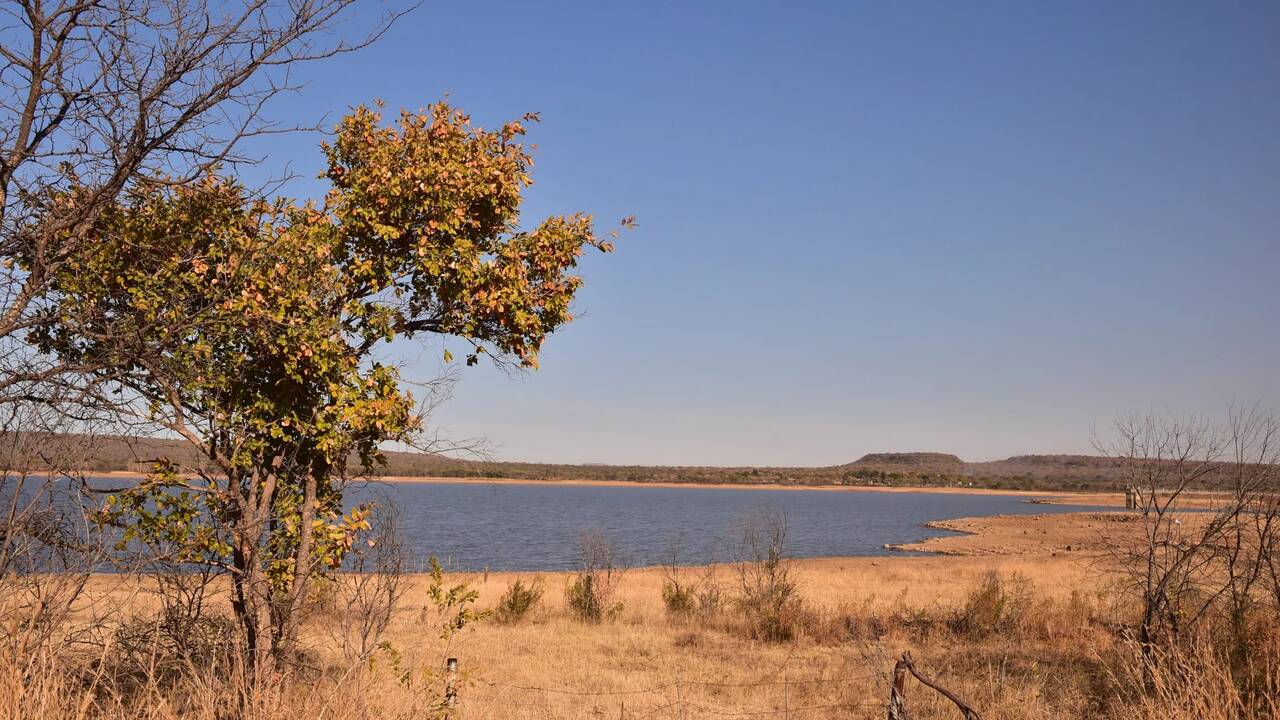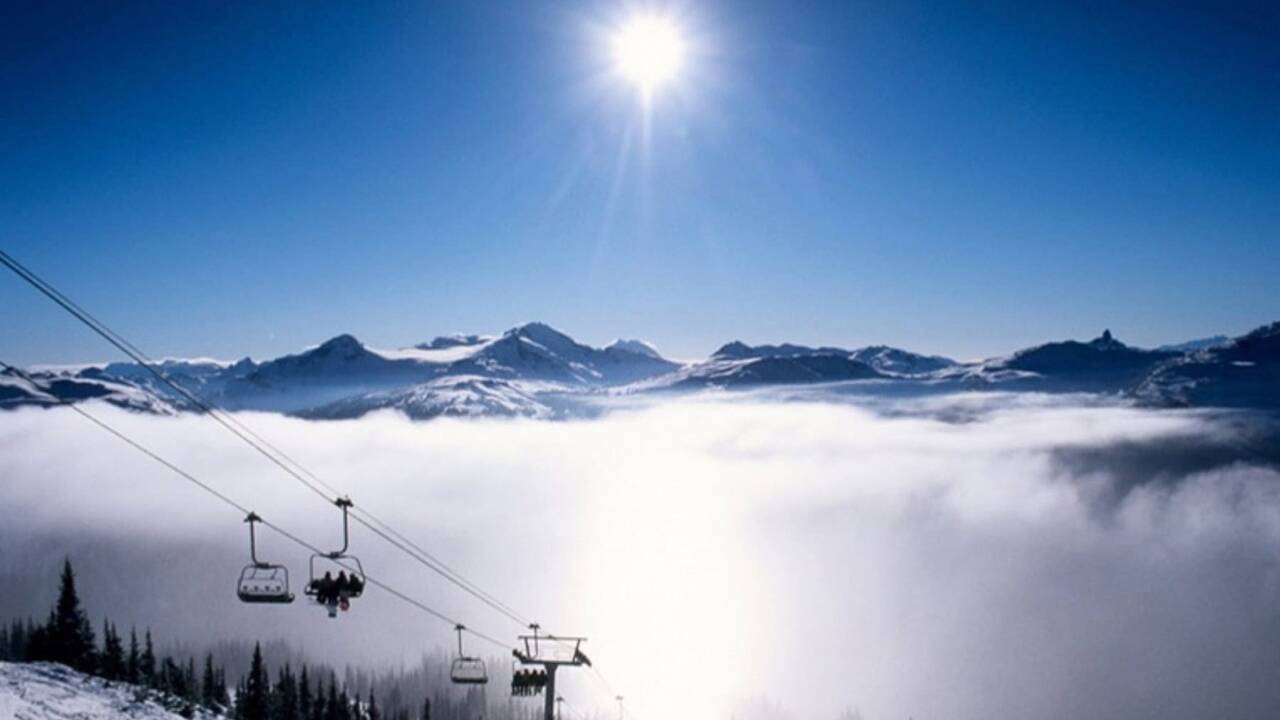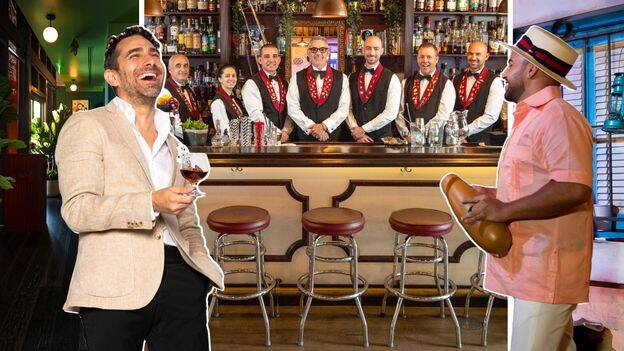Wales' most deprived areas named - see how your area is affected
BBC | 27.11.2025 18:51
A neighbourhood in the town of Rhyl, Denbighshire, has been named as the most deprived area of Wales for the second time since 2019, according to new data.
The Welsh Index of Multiple Deprivation (WIMD), published every few years by the Welsh government, is the official measure of relative deprivation for neighbourhoods in Wales.
It takes into account a range of factors including personal income, housing and health.
The data found Blaenau Gwent was the local authority with the highest concentration of highly deprived neighbourhoods.
Monmouthshire was the only council with no neighbourhoods ranked as highly deprived, with one neighbourhood in Chepstow found to be the least deprived in Wales.
The 2025 WIMD ranked 1,917 neighbourhoods in Wales, each with an average population of 1,600 people.
It looked at living conditions using eight different indicators including income, employment, health, education, access to services, housing, community safety and the physical environment.
The results do not show whether an area has become better or worse off since the previous edition, but shows how areas have changed relative to each other.
There are areas of deprivation across Wales and it is not the case that everyone in a highly deprived neighbourhood will be struggling, nor will all those in a less deprived area be well off.
How is deprivation measured?
The 2025 WIMD ranked nearly 2,000 small areas across Wales and split them into 10 equal groups called deciles, where the first decile was the 191 most deprived neighbourhoods, and so on.
We are using terms like "highly deprived" and "most deprived" to refer to the group of neighbourhoods in the first decile. There are areas of deprivation throughout Wales and not everyone in a neighbourhood will experience deprivation equally.
The area around Rhyl high street has been ranked as the most deprived area in Wales for a second time, but that does not mean nothing has changed since 2019.
People in Rhyl had different views on how the area was faring when they spoke to BBC Wales on Monday, before the new data had been released.
"People are struggling," said Valerie Long, 62, who has lived in the town for four years.
But she said she had seen some investment.
"There are more things for children, like the new park up the road."
"It's gone downhill," said Jay Street, 26, who has lived in Rhyl all his life.
Mr Street still lives with his parents and can't afford the properties he sees online.
While he loves being with his parents, he said he could not "see a light at the end of the tunnel" when it comes to affording his own home.
Mr Street became a volunteer with Brighter Futures, a local charity which offers services designed to improve people's health and well-being, after using the services himself.
"Places like this have saved a lot of people, me included."

The charity's community garden is particularly popular, according to Penny Pearce-Whitby who runs it.
"For people who live in the area and don't necessarily have access to green spaces, this is a perfect space for them to come and sit on a sunny afternoon," she said.
"Green spaces are incredibly important for people's mental health and wellbeing.
"It's not always about the money, it's about encouraging people to get outside."
Denbighshire council said although some neighbourhoods in Rhyl were very deprived they "do not represent Rhyl as a whole".
A spokesperson said over the past decade Rhyl had seen "substantial public investment" including a £100m flood defence upgrade which had "transformed the seafront" with a new promenade and a big children's play area.
The council said other developments were also taking place, including the modernisation of attractions like the Rhyl Pavilion Theatre and hundreds of new affordable homes.
"Rhyl's regeneration is under way," said the council, "but this long-term vision takes time".
The Welsh government said it was "committed to tackling poverty and improving outcomes for people".
A spokesperson said "the challenge of breaking the cycle of poverty is not one we can solve overnight", adding that the government was using all "levers available to tackle poverty" including investing £7bn between 2022 and 2026 to support households and providing "programmes also help integrate disadvantaged groups into the workforce".
Blaenau Gwent council has been asked to comment.
Additional reporting by Megan Davies and Brendon Williams









